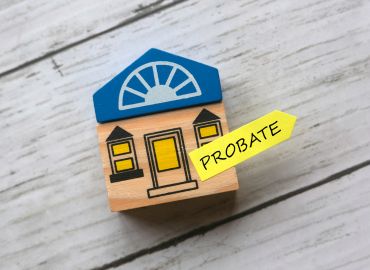Probate is the legal process through which a deceased person’s assets are distributed, debts are settled, and property titles are transferred to the rightful beneficiaries. In North Carolina, the probate process is overseen by the Clerk of Superior Court in the county where the deceased person resided.

